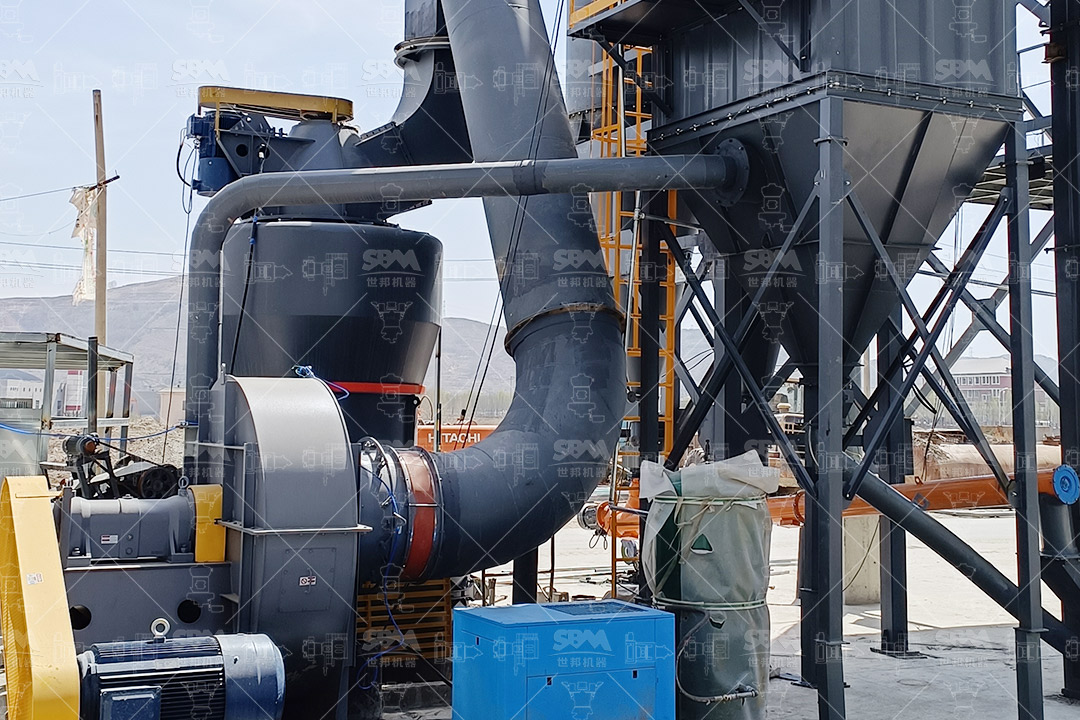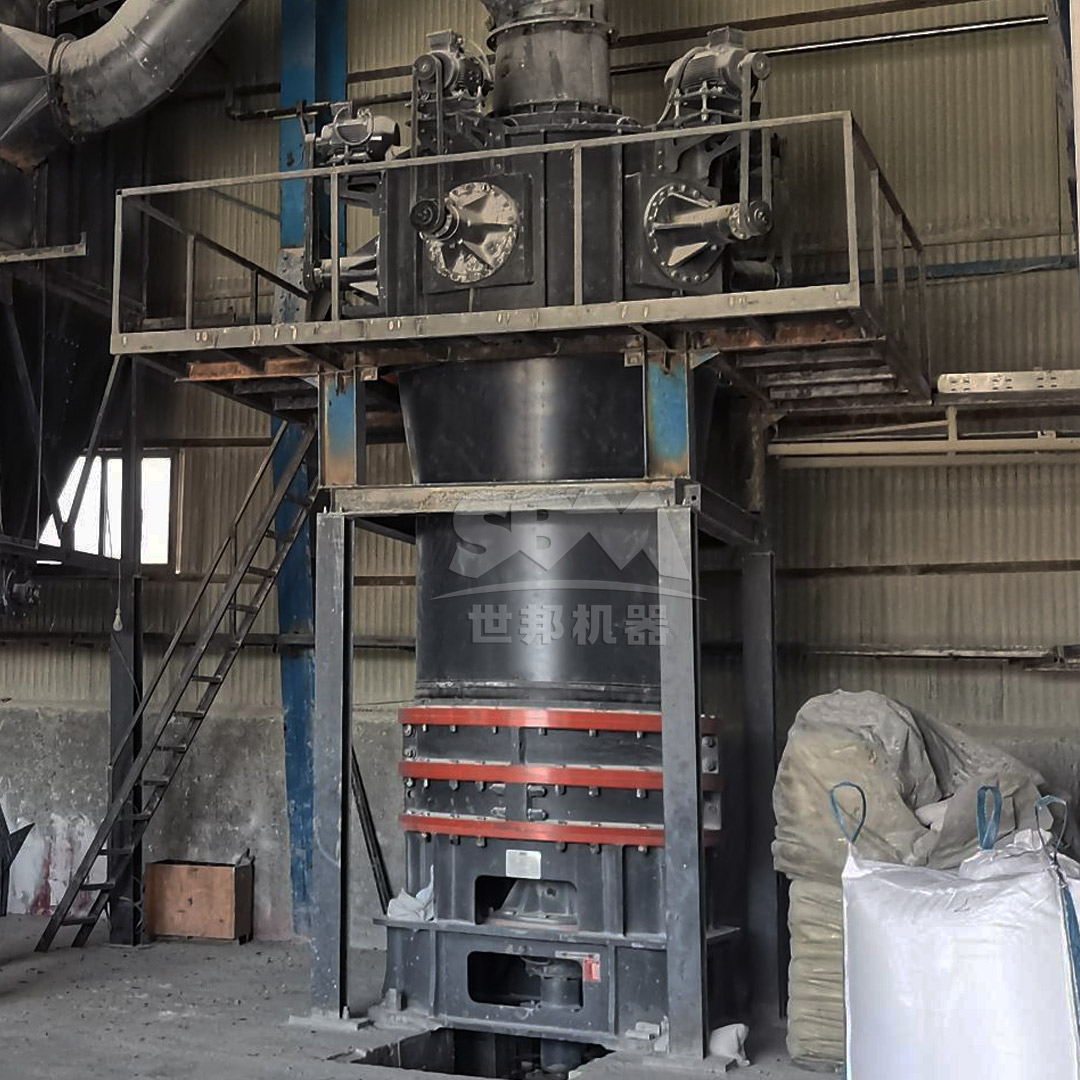Feldspar, one of the most abundant minerals in the Earth’s crust, requires precise grinding technology to achieve the optimal particle size distribution for various industrial applications. The 21 rollers mill represents a significant advancement in mineral processing equipment, offering unparalleled efficiency and precision in feldspar grinding operations. This comprehensive analysis explores the key features that make this technology particularly suitable for feldspar processing, with specific recommendations for optimal equipment selection.
Feldspar grinding demands specific technical parameters to ensure optimal product quality and operational efficiency. The ideal milling equipment must accommodate the unique physical and chemical properties of feldspar minerals, including their hardness (6-6.5 on Mohs scale), cleavage characteristics, and varying chemical compositions.
| Parameter | Optimal Range for Feldspar | Importance |
|---|---|---|
| Input Size | ≤20mm | Prevents equipment overload and ensures uniform feeding |
| Output Fineness | 325-2500 mesh | Meets specifications for ceramic, glass, and filler applications |
| Processing Capacity | 0.5-25 t/h | Matches production requirements across different scales |
| Grinding Pressure | Adjustable 50-250 kN | Accommodates varying feldspar hardness and moisture content |
The multi-roller configuration in advanced grinding mills enables exceptional control over particle size distribution. With 21 strategically positioned rollers, the grinding force is distributed evenly across the grinding track, resulting in consistent particle size reduction. This is particularly crucial for feldspar applications where specific particle size ranges determine the material’s performance in downstream processes.

The 21 rollers mill operates on an innovative grinding principle that combines multiple crushing mechanisms to achieve optimal feldspar processing. The material undergoes several stages of size reduction as it passes through the grinding zone, with each roller contributing to the progressive comminution process.
In the initial stage, larger feldspar particles are fractured through impact and compression between the first set of rollers and the grinding table. As the material moves outward, subsequent roller sets provide additional grinding actions, including attrition and shear forces. This multi-stage approach ensures thorough size reduction while minimizing energy consumption per unit of product.
The geometry of the grinding track and the arrangement of the 21 rollers create an optimized material flow path. This design prevents material buildup and ensures even distribution across the grinding surface, contributing to consistent product quality and stable mill operation. The controlled material retention time within the grinding zone allows for precise adjustment of the final product fineness.
Modern 21 rollers mills incorporate several energy-saving features that make them particularly suitable for feldspar grinding operations, where energy costs typically represent a significant portion of production expenses.
| Energy Saving Feature | Efficiency Improvement | Impact on Operating Costs |
|---|---|---|
| Optimized Grinding Pressure | 15-20% | Reduces specific energy consumption |
| Advanced Classifier Design | 25-30% | Minimizes recirculation of fine particles |
| Intelligent Control System | 10-15% | Optimizes operational parameters in real-time |
| Efficient Drive System | 8-12% | Reduces power transmission losses |
Advanced control systems continuously monitor and adjust operational parameters such as grinding pressure, classifier speed, and feed rate. This intelligent automation ensures that the mill operates at peak efficiency regardless of variations in feed material characteristics or production requirements. The system can automatically compensate for wear on grinding components, maintaining consistent performance throughout the equipment’s service life.

Feldspar’s abrasive nature necessitates robust wear protection in grinding equipment. The 21 rollers mill addresses this challenge through several innovative design features that extend component life and reduce maintenance requirements.
Critical wear components, including rollers and grinding tables, are manufactured from specialized materials developed specifically for abrasive applications. These materials combine high hardness with excellent fracture toughness, providing extended service life even when processing hard feldspar varieties. The use of composite materials with ceramic inserts in high-wear areas further enhances durability.
The modular design of modern 21 rollers mills facilitates quick replacement of wear components without extensive disassembly. Hydraulic systems allow for easy roller extraction, while segmented grinding tables enable replacement of worn sections rather than the entire component. These features significantly reduce maintenance downtime and associated costs.
Based on extensive field experience and technical analysis, we recommend specific mill configurations for optimal feldspar processing. These recommendations consider the full range of feldspar types and the varying requirements of different industrial applications.
For operations requiring ultra-fine feldspar powders with tight particle size distribution, the SCM Ultrafine Mill represents an ideal solution. This advanced grinding system delivers exceptional performance characteristics specifically suited to feldspar processing:
The SCM series offers multiple models with capacities ranging from 0.5 to 25 tons per hour, allowing selection of the optimal configuration for specific production requirements. The SCM1680 model, with its 315kW main motor and capacity of 5-25 t/h, is particularly well-suited for large-scale feldspar processing operations.

For standard feldspar grinding requirements across various industries, the MTW Series Trapezium Mill provides an excellent balance of performance, reliability, and operating economy. Key advantages for feldspar processing include:
The MTW series includes multiple models with capacities from 3 to 45 tons per hour, with the MTW215G model (15-45 t/h capacity, 280kW main motor) representing an optimal choice for medium to large-scale feldspar production facilities.
Modern 21 rollers mills incorporate comprehensive environmental protection features that ensure compliance with increasingly stringent regulatory requirements while providing safe operating conditions.
Advanced pulse-jet dust collection systems with filtration efficiency exceeding international standards effectively control dust emissions during feldspar grinding operations. These systems maintain workplace air quality and prevent environmental contamination, with emission levels consistently below 20mg/m³.
Integrated noise control measures, including acoustic enclosures and vibration damping systems, maintain operational noise levels below 75dB. This ensures compliance with workplace safety regulations and minimizes the environmental impact of grinding operations, particularly important for facilities located near residential areas.
The advanced design of 21 rollers mills provides exceptional operational flexibility, allowing processors to adapt to varying feldspar types and changing market requirements.
Key operational parameters, including grinding pressure, classifier speed, and feed rate, can be adjusted quickly and precisely. This enables processors to optimize the grinding process for different feldspar varieties or to produce specific product grades for different applications without prolonged downtime or complex adjustments.
While optimized for feldspar processing, these mills can also handle other non-metallic minerals with similar characteristics. This operational flexibility allows processors to utilize their equipment for multiple products, improving overall equipment utilization and return on investment.
The 21 rollers mill represents the current state-of-the-art in feldspar grinding technology, combining precision particle size control, operational efficiency, and reliability. The specific recommendations provided for the SCM Ultrafine Mill and MTW Series Trapezium Mill are based on extensive operational experience and technical analysis, ensuring optimal performance for various feldspar processing applications. By selecting equipment with the appropriate technical characteristics and implementing optimized operational practices, processors can achieve significant improvements in product quality, production efficiency, and overall operational economy.
As feldspar applications continue to evolve and quality requirements become more stringent, the advanced features of modern grinding technology will play an increasingly important role in maintaining competitive advantage. The continuous development of grinding technology promises further improvements in efficiency, precision, and sustainability, supporting the long-term growth and development of the feldspar processing industry.